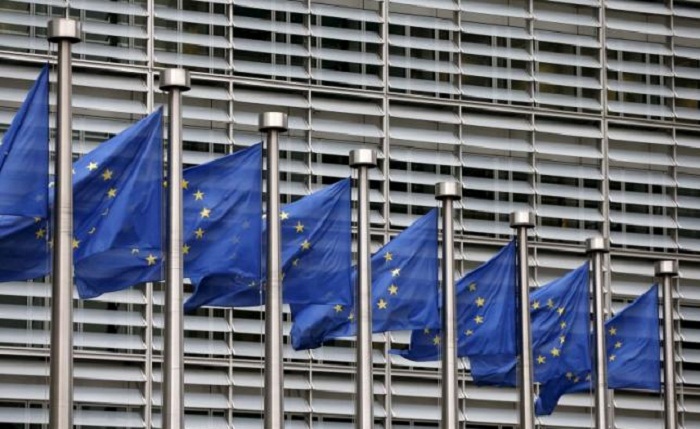Kerchove estimated that around 3,000 Europeans had been to Syria, lured by jihadist groups like the Islamic State (IS) group which has claimed a string of recent attacks, including last month`s assault on Paris.
Returning radicals must be given the possibility of being reintegrated into society, he said.
"It`s important to give them an alternative to prison," he told delegates at a session on counter-terror strategies.
Using an Arabic acronym for the IS group, Kerchove said it was not easy to "prove that someone fought alongside Daesh," later telling AFP that the EU was trying to improve its identification of jihadists using "digital proof".
"To prove that someone was with Daesh in Syria requires access to their email, a conversation on WhatsApp or on Facebook," he explained.
"Oftentimes this data is saved in cloud storage in the US and it can take months to obtain," he said, indicating he was working with Internet companies and the US government to speed up the process.
He also urged European nations to step up efforts to prevent people becoming radicalised, giving the example of a online US programme that has connected a million American students with a million Arab students overseas.
At first, the two sides were wary of each other, but after several weeks the students realised they had a lot in common, he explained, saying the EU was hoping to set up a similar programme of its own.
More about:
















































